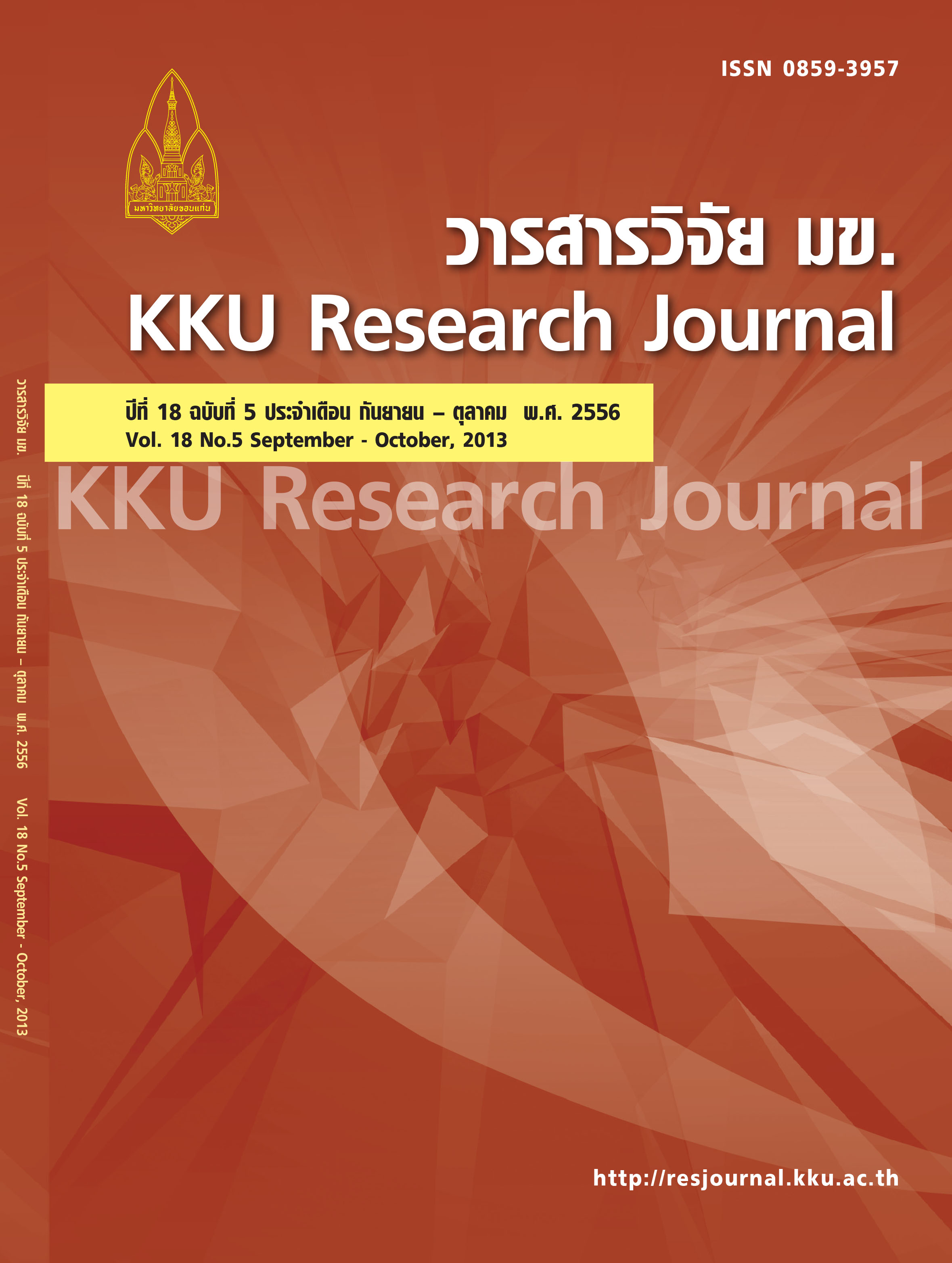Measurement of habitual behaviour and captive attitude of private vehicle users
Main Article Content
Abstract
This study aims to investigate habitual behaviour and captive attitude, as well as mode choice behavior of utilizing the two theoretically proposed transport development projects in Chiang Mai: 1) the Bus Rapid Transit (BRT) system development only; and 2) the BRT system development plus the Road Pricing policy. The data collection was based on 1200 private vehicle (car and motorcycle) users. It was found that they believed that private vehicle were important in daily living and would remain so even after the city had implemented a comprehensive public transport system. They felt that using private vehicle had great benefit and they had intention of using vehicle even for short distance. Private vehicle users perceived difficulty when being asked to reduce their vehicle trips, even their city has Bus Rapid Transit system. Moreover, past behaviour relates with the attitude and attention. Therefore, the improvement of standard public transport system alone cannot release transport problems, it should be integrated with other measures that can reduce habitual behaviour and captive attitude, e.g. road pricing.
Article Details
How to Cite
Pongmesa, S., & Jaensirisak, S. (2017). Measurement of habitual behaviour and captive attitude of private vehicle users. Asia-Pacific Journal of Science and Technology, 18(5), 777–792. retrieved from https://so01.tci-thaijo.org/index.php/APST/article/view/82991
Section
Research Articles


